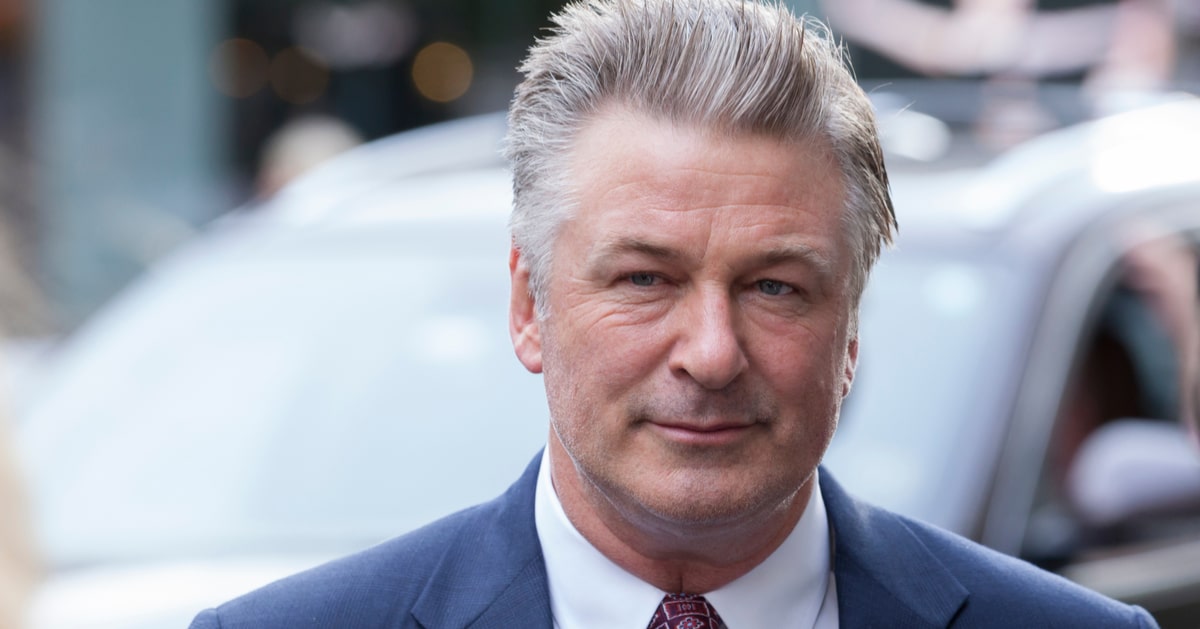



A federal judge has stepped aside from managing a high-profile defamation lawsuit brought by the exonerated Central Park Five against President-elect Donald Trump due to a personal relationship with the plaintiffs’ lead counsel.
The Hill reported that U.S. District Judge Michael Baylson agreed to recuse himself from the case on Friday, identifying a potential conflict of interest because of his long-standing friendship with Shanin Specter, the lawyer representing the Central Park Five.
The decision to recuse came after Trump's legal team filed a petition questioning the court's impartiality.
Trump's attorneys argued that the personal connections between Judge Baylson and Specter might compromise the objectivity of the proceedings.
Earlier in the week, Specter revealed that he and Judge Baylson had been friends since their youth and that he had also represented Baylson and his spouse in past legal issues. This disclosure prompted Trump’s legal team to request the judge’s withdrawal.
Once the request was submitted, Judge Baylson, who was nominated to the bench by former President George W. Bush, swiftly agreed to step down, citing no opposition from the plaintiffs. His decision ensures that the case can proceed without concerns of bias influencing the outcome.
The lawsuit accuses Trump of making baseless and damaging remarks about the Central Park Five during a heated presidential debate. His comments drew considerable controversy, resurrecting old wounds related to a notorious case that once shook New York City.
The legal action was initiated by the Central Park Five last month, following Trump's assertions in a September debate that the group had “pled guilty” and committed murder, despite their exoneration years ago.
These charges were proved false with advanced DNA testing and a confession from the actual perpetrator, which led to their release in 2002.
During the original 1989 case, the five then-teenagers of Black and Hispanic descent were wrongfully convicted of raping and assaulting a jogger in Central Park. They spent several years incarcerated before justice prevailed and they were cleared of all charges.
The historical context is further punctuated by Trump’s actions at the time of the incident. Back then, he financed full-page ads in leading New York newspapers calling for the reinstatement of the death penalty, expressing his support for severe punishment.
As the lawsuit progresses, it will now be assigned to another judge in the U.S. District Court for the Eastern District of Pennsylvania. This change comes as no surprise, given the contentious political climate surrounding the case.
Trump’s campaign has labeled the legal challenge a “frivolous case” and dismissed the plaintiffs as “left-wing activists.” This rhetoric has not succeeded in minimizing the heightened emotions and publicity surrounding the case.
The Central Park Five have maintained their stance against Trump throughout his political journey, notably during his presidential campaign. Some members even addressed the Democratic National Convention, sharing their experiences and urging others to oppose his candidacy.
One of the Central Park Five, Yusef Salaam, now serves on the New York City Council. He has been vocal about Trump’s comments, appearing alongside Vice President Harris to support the group's cause after the debate incident.
Salaam and the others continue to face the implications of their wrongful convictions, even as they work to rebuild their lives.
Their lawsuit underscores the ongoing challenges exonerated individuals experience when seeking redress and acknowledgment in the public eye.
The timeline of developments in this lawsuit captures a persistent societal dialogue about justice, accountability, and the impact of wrongful accusations. As the case proceeds under a different judge, the focus will likely return to the merits of the claims lodged by the Central Park Five.
Judge Baylson’s recusal marks a turning point in this high-stakes defamation battle, highlighting the necessity for impartiality in legal proceedings that involve public figures and highly publicized past events.
In the wake of Judge Baylson’s decision, all parties involved now await the appointment of the new judge, who will oversee the case as it moves forward. The outcome of this lawsuit stands to not only address historical grievances but also potentially redefine aspects of defamation law in political contexts.



